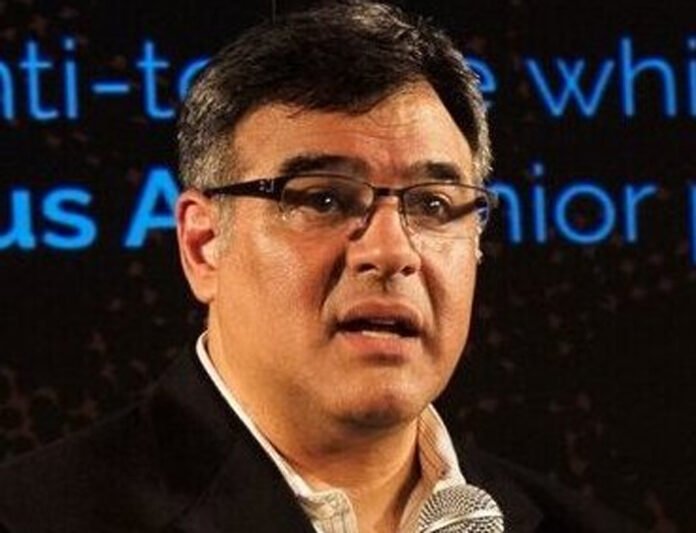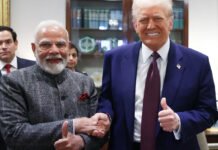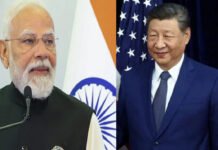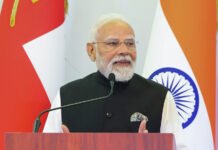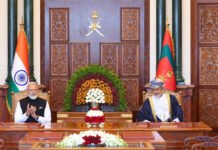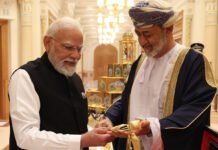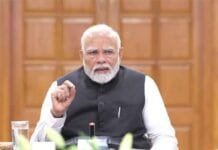New Delhi / Washington DC, October 25, 2025 — In blunt remarks that have drawn significant attention in defence and diplomatic circles, former Central Intelligence Agency (CIA) officer John Kiriakou has publicly asserted that Pakistan would not succeed in any conventional war against India. Conducting an interview with the news agency Asian News International (ANI), Kiriakou stressed that “nothing, literally nothing good will come of an actual war between India and Pakistan because the Pakistanis will lose.”
The comments come amid renewed scrutiny of India-Pakistan relations, as both nuclear-armed neighbours face persistent tensions along the Line of Control, frequent cross-border incidents, and an ongoing struggle for regional influence. Kiriakou’s remarks also include revelations about historical U.S. involvement concerning Pakistan’s nuclear arsenal and Pakistan’s strategy toward India.
Background: Who is John Kiriakou?
John Kiriakou served approximately 15 years in the CIA, including leadership roles in counter-terrorism operations in Pakistan in the early 2000s. In 2002, during the height of the war on terror and Islamabad’s cooperation with U.S. counter-terrorism efforts, Kiriakou was posted in Pakistan and became privy to sensitive intelligence and inter-agency coordination. His later career was marked by his whistle-blower role in exposing CIA interrogation practices, for which he was prosecuted and incarcerated.
His recent interview to ANI has reignited diplomatic commentary, not only for the blunt assessment of Pakistan’s war-fighting prospects but also for his claims about U.S. influence, nuclear control, and the strategic calculus of South Asia.
Key Assertions in the Interview
⚠️ Pakistan’s Conventional War Prospects
“Nothing, literally nothing good will come of an actual war between India and Pakistan because the Pakistanis will lose. It’s as simple as that. They’ll lose. And I’m not talking about nuclear weapons. I’m talking just about a conventional war.”
Kiriakou’s assessment is based on decades-old insights into security dynamics, military readiness, and strategic posture across both countries. His warning is less about nuclear escalation and more about a standard ground war scenario.
🛰️ U.S. Role in Pakistan’s Nuclear Arsenal
Kiriakou revealed that during his posting in 2002, he was informally told that Pakistan’s nuclear arsenal was under U.S. influence:
“We were told that Pervez Musharraf had turned control over to the United States…”
While Islamabad currently publicly insists that its generals fully control its nuclear weapons, the former CIA officer says he doubts that information was ever shared with New Delhi.
🔬 The A.Q. Khan Factor
Kiriakou claimed the U.S. had the capability to eliminate nuclear proliferator Abdul Qadeer Khan (“A.Q. Khan”) but refrained from doing so due to pressure from Saudi Arabia.
“If we had taken the Israeli approach, we would have just killed him… But he had the support of the Saudi government.”
mint+1
These revelations provide additional layers to the complex triangular relationship between the U.S., Pakistan, and regional strategic calculus concerning India.
Implications for India-Pakistan Strategic Landscape
🔍 Strategic Messaging
From Delhi’s perspective, Kiriakou’s words reinforce a narrative that India holds conventional superiority vis-à-vis Pakistan. While the Indian government rarely refers publicly to such assessments, the commentary underlines a belief in India’s capability to successfully undertake calibrated operations across the border.
🛡️ Pakistan’s Policy Dilemma
For Pakistan, the public statement may increase pressure to reform its defence posture, revise its doctrinal emphases, or at least project greater caution in provocations. Kiriakou specifically warned Islamabad to “stop provoking Indians … it will only end up in their loss.”
🌐 Regional Context
The insights also suggest that the U.S., while no longer publicly central in India-Pakistan negotiations, retains a role (per Kiriakou) in historical episodes that shaped nuclear and conventional balance. Analysts suggest the interview may influence public perceptions and diplomatic posturing across South Asia.

